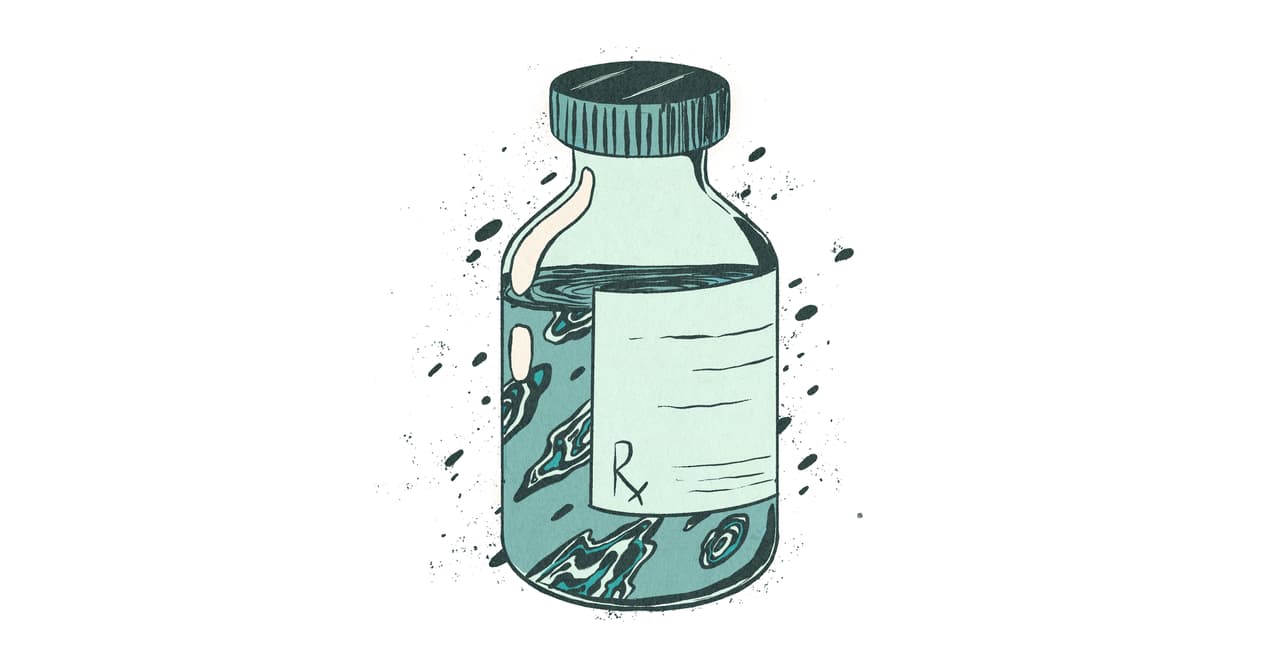
What is asparaginase?
Asparaginase is an enzyme, a type of protein produced by living organisms to speed up chemical reactions inside the body.
For asparaginase, this reaction is breaking down an amino acid called asparagine. Cells need asparagine to survive. White blood cells can normally make their own asparagine, but cancerous white blood cells cannot.
When asparaginase breaks down asparagine, there is less asparagine in the body for the cancer cells to use. Without it, the cancer cells stop dividing and growing.
As such, asparaginase is a crucial drug for patients with the most common kind of childhood cancer, acute lymphoblastic leukaemia, or ALL. Patients are given asparaginase over several months at the start of their treatment, either into a vein or as an injection into a muscle.
Asparaginase can cause serious side effects, including an increased risk of infections, blood clots, inflammation of the pancreas and allergic reactions including anaphylaxis.
Doctors prefer to use some modified versions of asparaginase which stay in the body for longer.
There are several different types of the drug:
Native asparaginase
Native asparaginase is made from the bacterium Escherichia coli. It is administered several times a week in the early phases of patients’ treatment.
Brands include: Kidrolase, Elspar (both discontinued)
Pegylated asparaginase
A modified version of the drug. Asparaginase is made from Escherichia coli and then is chemically modified by adding a substance called PEG to it, a process called pegylation. The body takes longer to break down pegylated versions of drugs, which means that patients can be given fewer doses. It also leads to fewer allergic reactions, which means more patients can continue their treatment without interruption. Pegylated asparaginase is recommended as first-choice treatment for patients in high-income countries. It is more complex to make than native forms, and costs more to buy up front.
Brands include: Oncaspar
Erwinia asparaginase
Erwinia asparaginase is made from the bacterium Erwinia chrysanthemi. This drug is given to patients who have experienced bad reactions to asparaginase made from Escherichia coli.
Brands include: Erwinase
Recombinant asparaginase
A modified version of the drug. This is made by programming one type of bacterium to make asparaginase from a different type of bacterium.
Brands include: Spectrila, Rylaze
Reporter: Rosa Furneaux
Illustrations: Evangeline Gallagher
Global health editor: Chrissie Giles
Global editor: James Ball
Editor: Meirion Jones
Production editor: Frankie Goodway
Fact checker: Lowri Daniels
This article is part of our Global Health project, which has a number of funders including the Bill & Melinda Gates Foundation. None of our funders have any influence over the Bureau’s editorial decisions or output.



